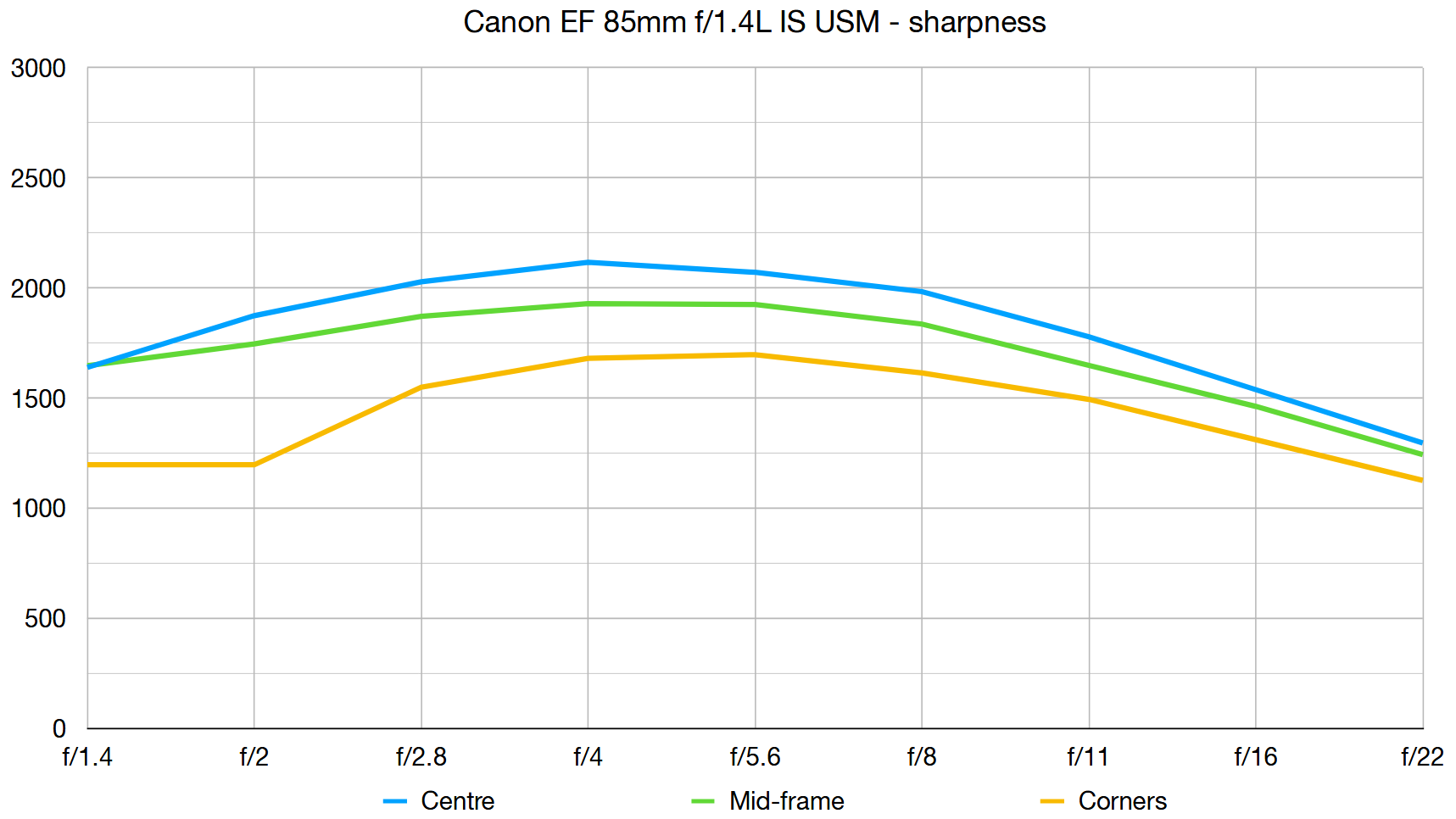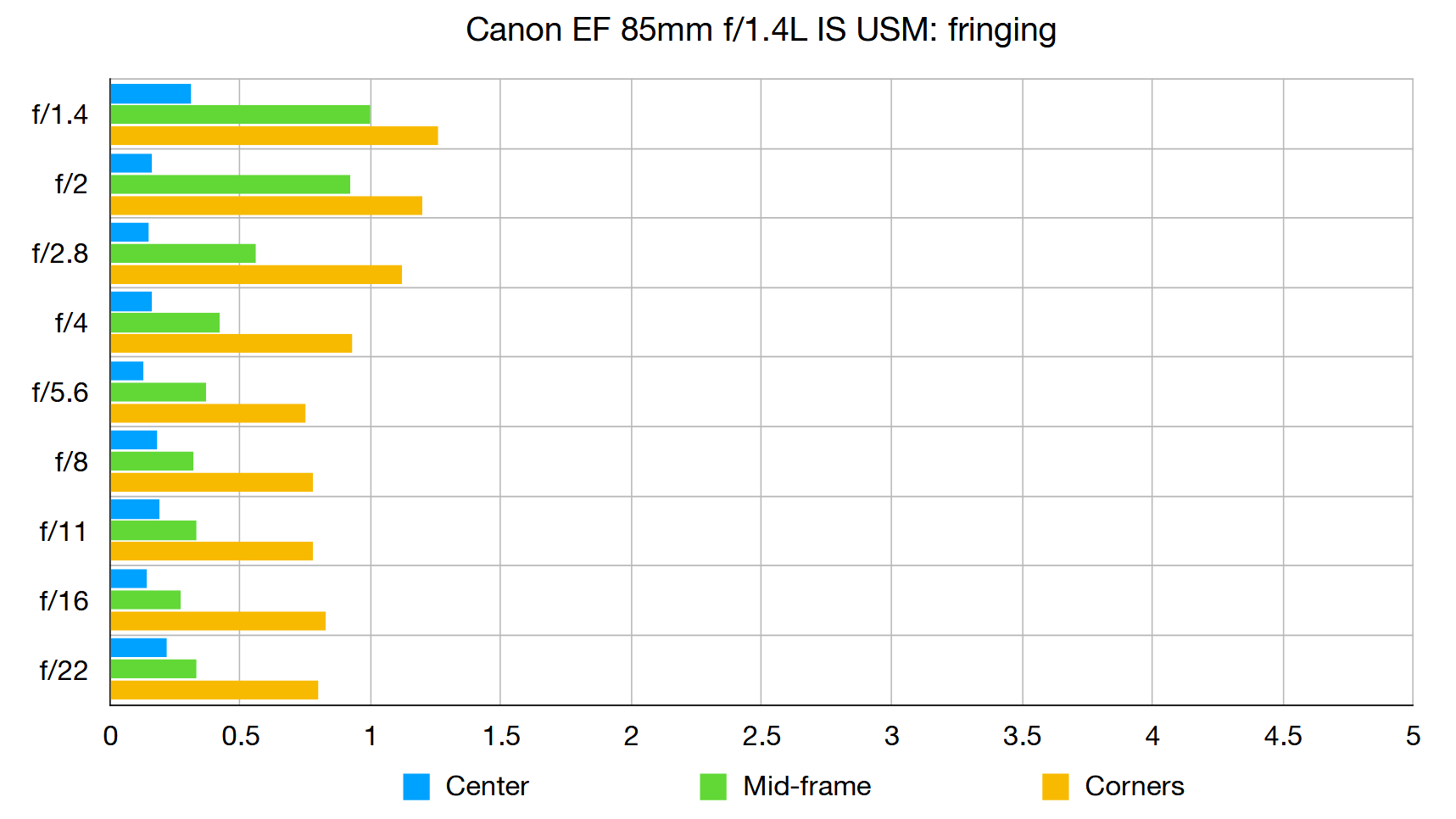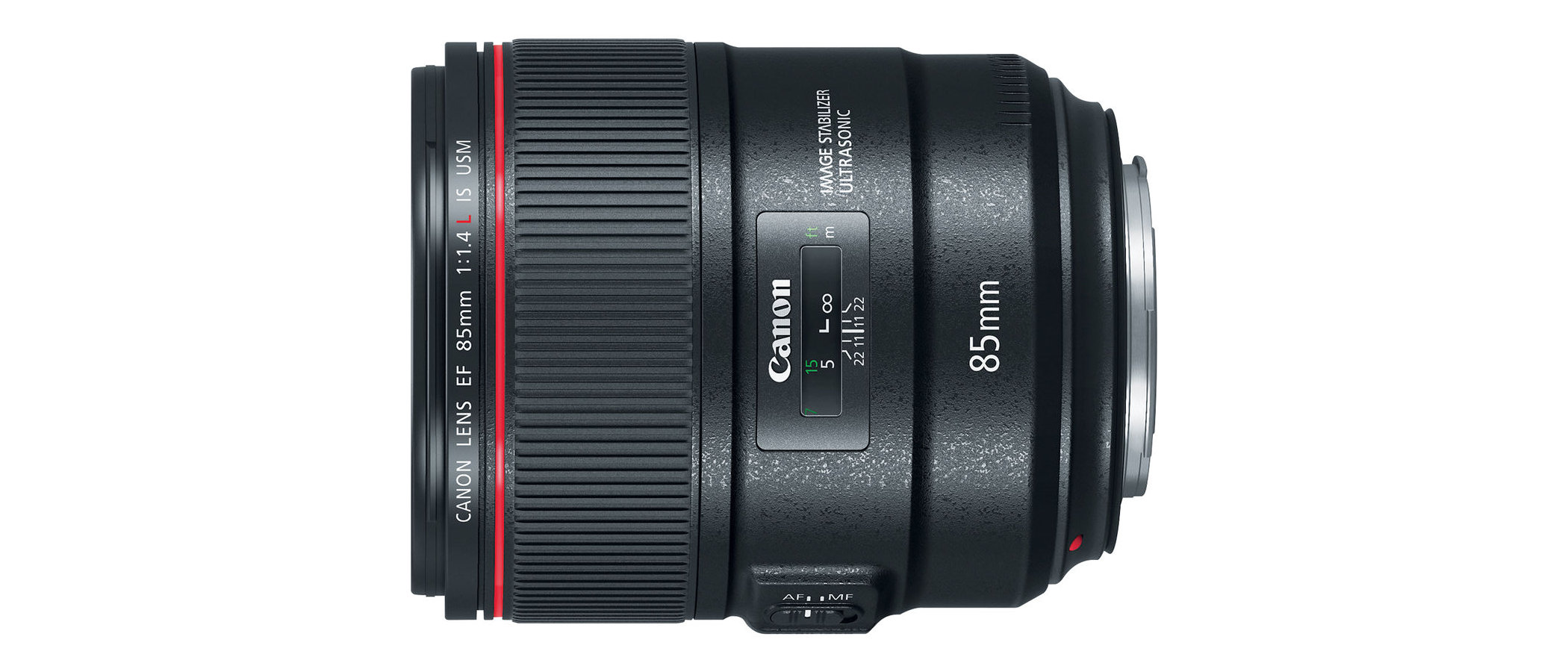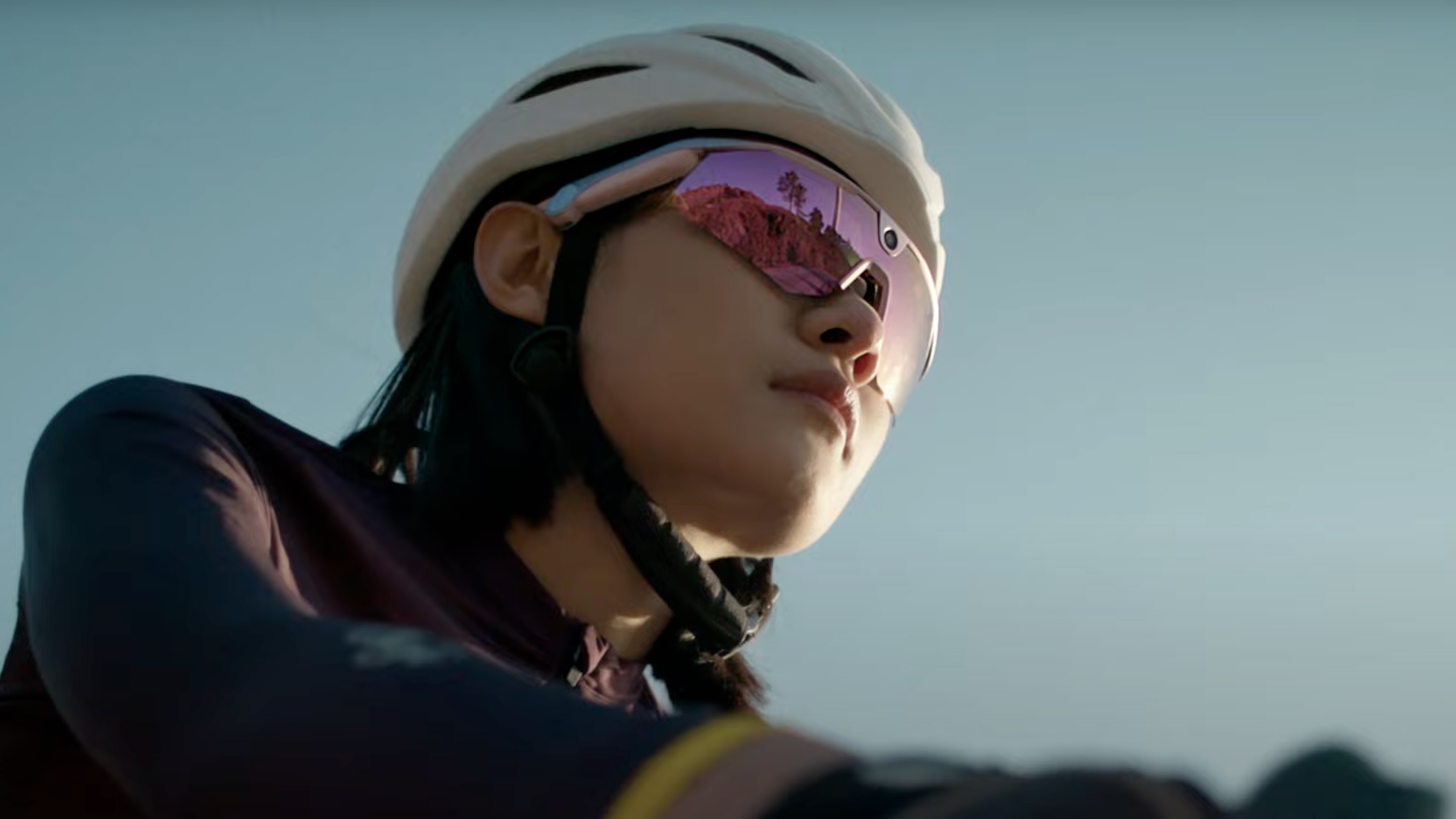Digital Camera World Verdict
Combining stellar image quality in all respects with great handling and the rare bonus of optical image stabilization, at least in such a fast prime lens, this Canon EF 85mm is brilliant for handheld wedding photography and portraiture. When you’re on the move and don’t have time to set up each shot with a tripod, it can be a real image-saver.
Pros
- +
Fast f/1.4 aperture
- +
Optical image stabilization
- +
Tough weather-sealed build
Cons
- -
Fairly large and heavy
- -
Pricey to buy
Why you can trust Digital Camera World
The Canon EF 85mm f/1.4L IS USM combines a fast aperture with a little extra something. There’s usually no problem in getting suitably fast shutter speeds for portraiture when shooting with an f/1.4 lens. But if you’re at an event like a wedding, and shooting portraits in the evening or indoors under ambient lighting, exposures can become awkwardly slow. This Canon lens comes to the rescue as, unusually for an EF f/1.4 lens for DSLRs, it features an image stabilizer. Naturally, you could use a tripod but stabilization gives you more freedom to move around and play the angles, shooting handheld without setup adjustments interrupting the creative flow.
Read more:
The best portrait lenses
The best lenses for wedding photography
Specifications
Mount: Canon EF
Full-frame: Yes
Autofocus: Yes
Image stabilisation: Yes
Lens construction: 14 elements in 10 groups
Angle of view: 28.5 degrees
Diaphragm blades: 9
Minimum aperture: f/22
Minimum focusing distance: 0.85m
Maximum magnification ratio: 0.12x
Filter size: 77mm
Dimensions: 89x104mm
Weight: 950g
Key features
Build quality is excellent, incorporating a shock-absorbing barrel and weather-seals, along with fluorine coatings on the front and rear elements. The ability to shoot portraits in the rain might seem superfluous but, then again, wedding and event photographers can’t control the weather. Compared with the Canon’s more budget-friendly EF 85mm f/1.8 USM lens, the optical path is much more complex, based on 14 rather than nine elements and features Canon’s high-tech Air Sphere Coating which further reduces ghosting and flare.
Much larger and more than twice the weight of the Canon f/1.8 lens, at 950g, this one is nevertheless smaller and lighter than the competing Sigma 85mm f/1.4 DG HSM Art lens, which lacks stabilization. It feels well-balanced on chunky full-frame DSLRs like the 6D Mark II and 5D Mark IV, with excellent handling characteristics.
Performance
Wide-aperture sharpness is excellent, and the quality of bokeh is exceptional, with super-smooth blur and particularly minimal longitudinal or ‘bokeh’ fringing. The aperture remains more well-rounded when stopping down a little, compared with either of Canon’s EF 85mm f/1.2 and f/1.8 lenses.
Lab results
We run a range of lab tests under controlled conditions, using the Imatest Master testing suite. Photos of test charts are taken across the range of apertures and zooms (where available), then analyzed for sharpness, distortion and chromatic aberrations.
We use Imatest SFR (spatial frequency response) charts and analysis software to plot lens resolution at the center of the image frame, corners and mid-point distances, across the range of aperture settings and, with zoom lenses, at four different focal lengths. The tests also measure distortion and color fringing (chromatic aberration).
Sharpness:

Levels of sharpness are excellent across the entire image frame, even when shooting wide-open at f/1.4. Sharpness in handheld shooting is further enhanced in practical terms, by the highly effective optical image stabilizer.
Fringing:

There’s only very minimal color fringing at wide apertures and it’s even more negligible if you stop down a little.
Distortion: 0.85
There’s just a touch of pincushion but it’s slight enough to be a complete non-issue in the vast majority of shooting scenarios.
Verdict
This really is an epic Canon lens that’s both rich in features and outstanding in performance. Image quality is sublime and handling is a joy. It’s an absolute cracker for shooting with DSLRs, as well as on EOS R-series cameras via an EF-EOS R mount adapter.
Read more:
Matthew Richards is a photographer and journalist who has spent years using and reviewing all manner of photo gear. He is Digital Camera World's principal lens reviewer – and has tested more primes and zooms than most people have had hot dinners!
His expertise with equipment doesn’t end there, though. He is also an encyclopedia when it comes to all manner of cameras, camera holsters and bags, flashguns, tripods and heads, printers, papers and inks, and just about anything imaging-related.
In an earlier life he was a broadcast engineer at the BBC, as well as a former editor of PC Guide.



